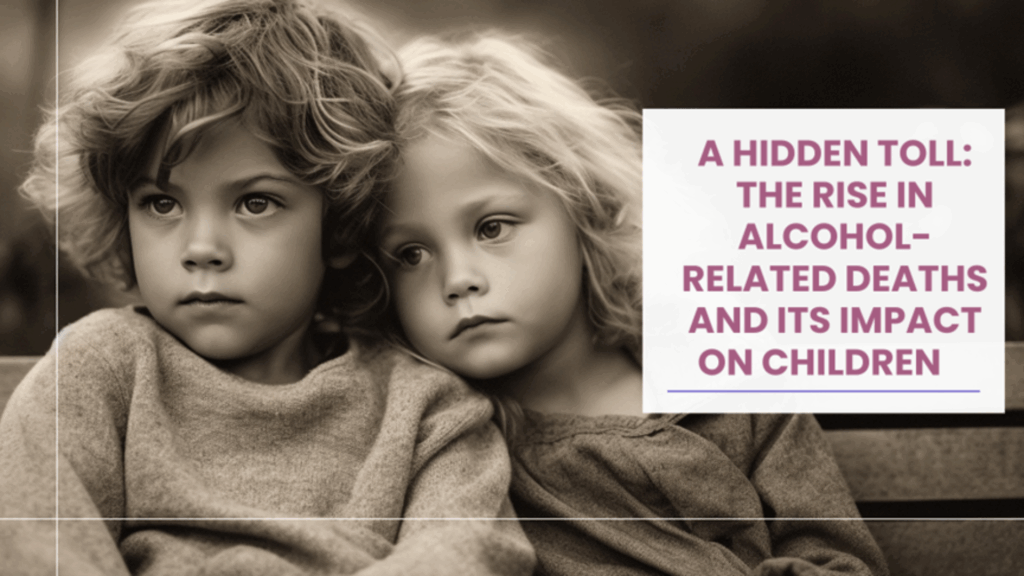A newly published study in JAMA Network Open has cast a sobering light on a worsening public health crisis: deaths related to alcohol-associated liver disease in the United States have nearly doubled from 1999 to 2022. The data show an especially sharp increase during the COVID-19 pandemic, with an average annual surge of 9% from 2018 to 2022. The rise in mortality was higher among women and younger adults, and American Indian or Alaska Native populations continue to face the highest death rates.
These statistics reflect more than just numbers—they represent lives lost and families shattered. Yet, amid the headlines and graphs, one group often goes unmentioned: the children.
At NACoA, we serve as the voice for children impacted by parental alcohol use disorder. These children are the silent witnesses to the damage alcohol can cause—not only to their parents’ health, but to their own emotional, psychological, and developmental wellbeing. When a parent’s alcohol use leads to illness or death, the trauma reverberates through the family. Stability crumbles. Fear replaces safety. And many children are left to navigate this chaos alone.
The surge in alcohol-related deaths highlights an urgent need for early intervention, not just for those with alcohol use disorder, but for their children who live under the same roof. These children often carry the invisible weight of stigma, secrecy, and shame. They may perform well in school or appear resilient, yet internally they battle anxiety, guilt, and isolation.
Our mission at NACoA is clear: no child should have to face this journey without support. Through programs like Children’s Program Kit and Celebrating Families!, NACoA is equipping communities to identify and support children of parents with substance use disorders. NACoA’s essential resources such as Tools For Kids, Tools for Parents, Tools for Early Educators and Support for Grieving COAs provide important guidance for caring adults to support these kids and teens in a meaningful way, so they are no longer hidden in the shadows of this crisis.
This moment calls for action. Public health strategies must include whole family, recovery-centered support systems, trauma-informed care, and increased access to age-appropriate prevention and intervention services for children. By doing so, we not only help break the cycle of intergenerational addiction—we give children the tools to thrive.
